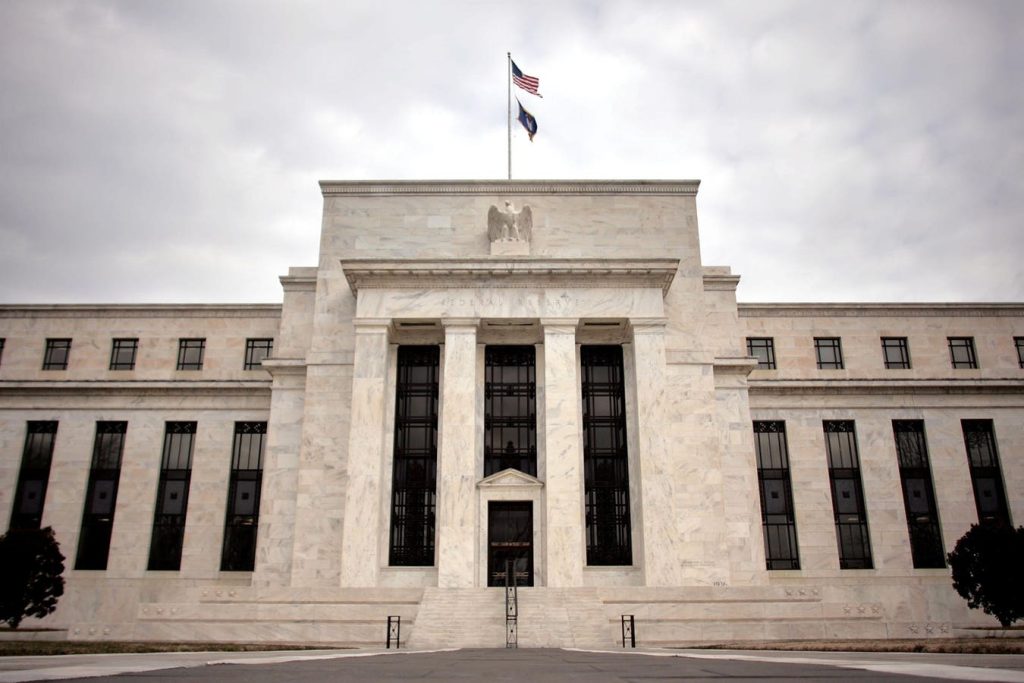The Office of the Comptroller of the Currency (OCC), the Federal Reserve, and the Federal Deposit Insurance Corporation (FDIC) have expressed increased concerns over the relationships between traditional banks and financial technology (FinTech) companies in a memo released yesterday. These regulators are now closely scrutinizing the growing integration of technology into banking services, which has shown great potential but also poses risks to financial stability, as indicated by recent enforcement actions against banks such as Evolve Bank and Trust and Thread Bank.
The Federal banking regulators have been monitoring the landscape of bank-Fintech collaborations for several years, noting that while these partnerships have allowed banks to offer innovative products and services, they also come with operational and compliance risks. The Federal Reserve’s report emphasizes that, despite the benefits of FinTech partnerships such as increased efficiency and market reach, they can strain a bank’s risk management frameworks due to their complexities.
One of the primary areas of concerns highlighted in the memo is the operational complexity and accountability issues that arise from integrating FinTech solutions into banking operations. This complexity can lead to challenges in reconciling different systems and processes between banks and FinTech firms, raising questions about clear accountability, especially when consumer-facing services are handled by the FinTech companies rather than the banks themselves.
Another significant risk facing banks with FinTech partnerships is ensuring compliance with federal regulations, particularly those related to consumer protection and anti-money laundering. The report points out that FinTech companies often control customer interactions, making it difficult for banks to oversee compliance effectively, potentially resulting in non-compliance and legal repercussions. Rapid growth due to these partnerships can also strain banks’ compliance and risk management systems if not scaled accordingly.
The issue of misrepresentation of deposit insurance coverage is also highlighted, particularly in the case of the recent Synapse collapse, where thousands of Americans were unable to access their funds. Many FinTechs partner with banks to offer pass-through FDIC deposit insurance coverage, but the accuracy of advertising and steps to maintain coverage need to be ensured by the bank partners. The regulators are seeking public comments on effective risk management practices and potential need for enhanced supervisory guidance in addressing these issues.
Governor Bowman emphasized the significant risks posed by bank-FinTech relationships to banks and their customers, particularly retail deposit customers who expect their deposits to be insured and their banking services providers to comply with all applicable laws. The government’s actions suggest that FinTech companies may face increasing pressure in the future, potentially posing an existential threat to non-bank FinTechs who may need to become banks, integrate into existing banks, or cease to exist. Overall, the regulators are taking steps to address the risks associated with bank-FinTech partnerships, emphasizing the need for effective risk management practices and compliance with regulatory requirements.












